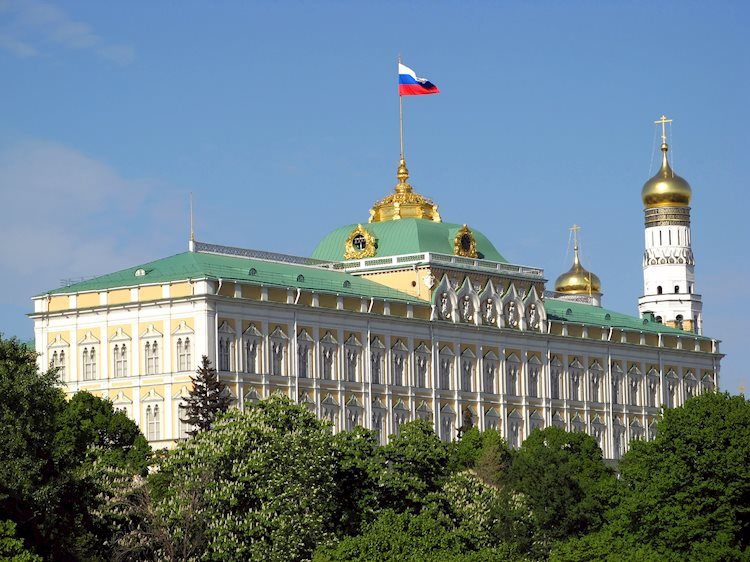
- Through this bill, the Moscow Exchange (MOEX) will allow depositories to issue receipts for digital financial assets (DFA).
- The Central Bank is currently reviewing the bill drafted by the MOEX.
- It is yet to be determined whether the crypto assets will be sold through brokers or directly to the final buyer.
The demand for crypto assets and related services is ever-increasing, and many countries are finding their own ways to meet that demand. Among them is Moscow Exchange (MOEX), which is also taking matters into its own hands to become the country’s very own cryptocurrency exchange.
Moscow Exchange to also become a Crypto Exchange
According to a report by the daily newspaper Vedomosti, the MOEX has drafted a bill that will provide the exchange with the necessary powers to act as a crypto exchange. The bill is currently at the mercy of the Central Bank, which will decided whether or not the people of Moscow will enjoy the two forms of crypto offerings.
As stated by the Chairman of the Supervisory Board of the Exchange, Sergey Shvetsov, the bill will allow for the issuance of a receipt for crypto assets. These receipts can be used and traded as securities for individuals that are not comfortable with the custodial risks of associating with a distributed registry.
The second offering will be the direct release of cryptocurrency assets, as Shvetsov explained that MOEX would be appealing to the regulators to receive the status of an exchange operator and eliminate the need for a third-party operator.
Commenting on the same, Shvetsov explained,
“We want the market to make its own choice, blockchain accounting or depository accounting, and if the law is adopted, then Russian depositories will be able to accumulate DFA on their accounts in the blockchain – as soon as the client needs the underlying asset, he will repay the receipt and receive the asset on his account in the blockchain.”
Taking the centralized route
Despite propagating the adoption of crypto through this bill, MOEX and other crypto services will maintain a centralized structure. The reason behind this given by Shvetsov is that people need to ensure that there is someone that can answer them should something go south. Shvetsov stated,
“When it is not clear who to call and who to sue, many do not want to participate in this.”
The bill, however, could take time to come to life as it is currently being reviewed by the Central Bank of Russia.
This news is republished from another source. You can check the original article here



